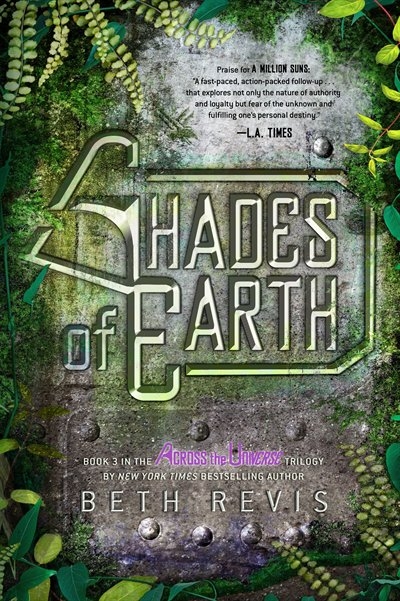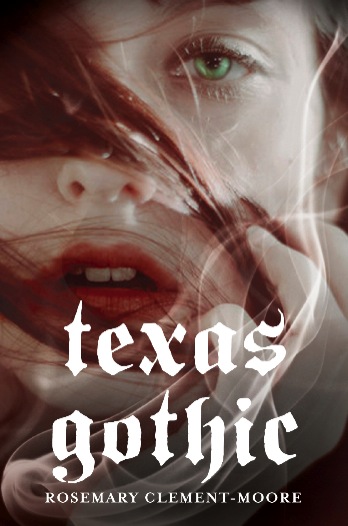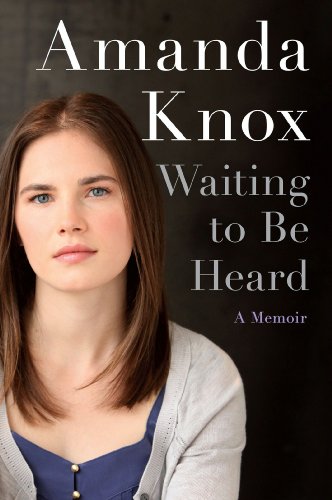 Evanescence vocalist Amy Lee has released a few solo covers over the years, including "Sally's Song" from the album Nightmare Revisited (a collection of covers of the music from The Nightmare Before Christmas) and "Halfway Down the Stairs" from Muppets: The Green Album. (Yes. Muppets.) Until now, we never had any other solo songs aside from those two. Now that Lee is free of a record label, she can basically do whatever she wants, and in this case, she decided to release her first solo album, Aftermath.
Evanescence vocalist Amy Lee has released a few solo covers over the years, including "Sally's Song" from the album Nightmare Revisited (a collection of covers of the music from The Nightmare Before Christmas) and "Halfway Down the Stairs" from Muppets: The Green Album. (Yes. Muppets.) Until now, we never had any other solo songs aside from those two. Now that Lee is free of a record label, she can basically do whatever she wants, and in this case, she decided to release her first solo album, Aftermath.
Aftermath is not an Evanescence record in any sense; it contains music from and inspired by a film she recently scored with Dave Eggar and Chuck Palmer, War Story. (Needless to say, if you haven't been keeping up with interviews of Lee over the course of the year, you've got a lot to catch up on.) Hence, Aftermath doesn't have a lot of Amy Lee's signature, strong vocals and instead has a lot of mood-setting instrumental tracks. Please be aware that this isn't a rock album; it's pieces of a cello and piano-oriented score with some electronic moments here and there. I couldn't have been happier to buy this album; I absolutely love music like this and wanted to see what Lee could do with music like this. As I expected, she definitely works well with this genre.
The first track is probably the one most likely to shock people that are unaware of Amy Lee's many electronic influences, but alas, she wrote a pop/electronic song! "Push the Button," which is used in a sex scene in War Story, definitely has sex appeal with its poetic lyrics and all the ethereal vocalizing. It's the album's fun song, and it's the only one on Aftermath that doesn't feature Dave Eggar or a guest vocalist. Later in the album, "Can't Stop What's Coming" also has more of an electronic vibe, not nearly in the same way as "Push the Button." "Can't Stop What's Coming" isn't as much of a proper song as it is a piece in the score, for even though Lee is singing in it, the structure is very different. It's softer, like trip-hop, and even though I don't oppose the style of the song, "Can't Stop What's Coming" is definitely my least favorite as it's a little too subtle for me to willingly listen to apart from listening to a score straight through.
There's still a couple more songs that including singing, but only one of them has Lee's voice. "Dark Water" features the vocalist Malika Zarra, and it has an exotic feel that isn't found anywhere else on the album. Lee sings on "Lockdown," which has the best chance of appealing to anyone who loves Evanescence regardless if they enjoy listening to film scores. This song is the most typical in song structure, but it certainly isn't ordinary. It has electronic elements that remind me of the album Origin, Lee's voice is gorgeous and soft in the verses, but then that chorus... The first time we hear it, it's like slow motion. Her voice takes over and the (still quite interesting) instrumentation dies down a bit. In the rest of the choruses, however, we even get to hear some electric guitars and prominent drums. It's a great song, and it's definitely a highlight from the album that everyone should check out.
But as I said before, this album has a lot of cello and piano-dominated instrumental tracks, and overall, they're what I love most about this album. "White Out" and "Remember to Breathe" are the first two of this style. While "White Out" seems to embody a state of wandering alone and gives us a subtle taste of what to expect throughout Aftermath, "Remember to Breathe" is stagnant, desolate. The way it describes emotion will tug on heart strings, for it doesn't try to be beautiful as much as it simply is in its emotional state. It reminds me a bit of the darker, quitter moments of Dario Marinelli's 2011 Jane Eyre score.
"Between Worlds" is an incredible cello piece; it's one of my favorites, without a doubt, and so "Voice in My Head." These songs are the two teasers that Lee showed us on her YouTube channel in the weeks before the album was released, and they're two of the three longest instrumental pieces. They do more than describe the feel of scenes; they show off a little more. "Voice in My Head" is primarily piano-led, but the cello intermingles and becomes more prominent about halfway through.
The other instrumental tracks include "Drifter," is a very subtle piece and overall doesn't do as much for me as the other instrumental tracks. "After" closes the album, and it's a lot like "Remember to Breathe." I'm sure it's a fantastic way to close a film (although I haven't seen War Story and cannot confirm if this is the last song or not, but I hope it is). There's such an ache, but also such resolution... I wasn't the craziest about it on the first listen, but then the beauty of it really set in.
The other instrumental tracks include "Drifter," is a very subtle piece and overall doesn't do as much for me as the other instrumental tracks. "After" closes the album, and it's a lot like "Remember to Breathe." I'm sure it's a fantastic way to close a film (although I haven't seen War Story and cannot confirm if this is the last song or not, but I hope it is). There's such an ache, but also such resolution... I wasn't the craziest about it on the first listen, but then the beauty of it really set in.
And that's Aftermath. Oftentimes subtle but always full of passion in a dark haze... This album makes me want to write. It makes me want to sit and contemplate. Amy Lee, Dave Eggar, and Chuck Palmer have all done a wonderful job. Granted, there were a few songs that I didn't fall head over heels in love with, but Aftermath is undeniably a quality album. Considering that Amy Lee touched it, I'm not surprised; I expected nothing less, and I can't wait to hear what else she may have in store for us later on whether its film scores, Evanescence, or solo material in general.










